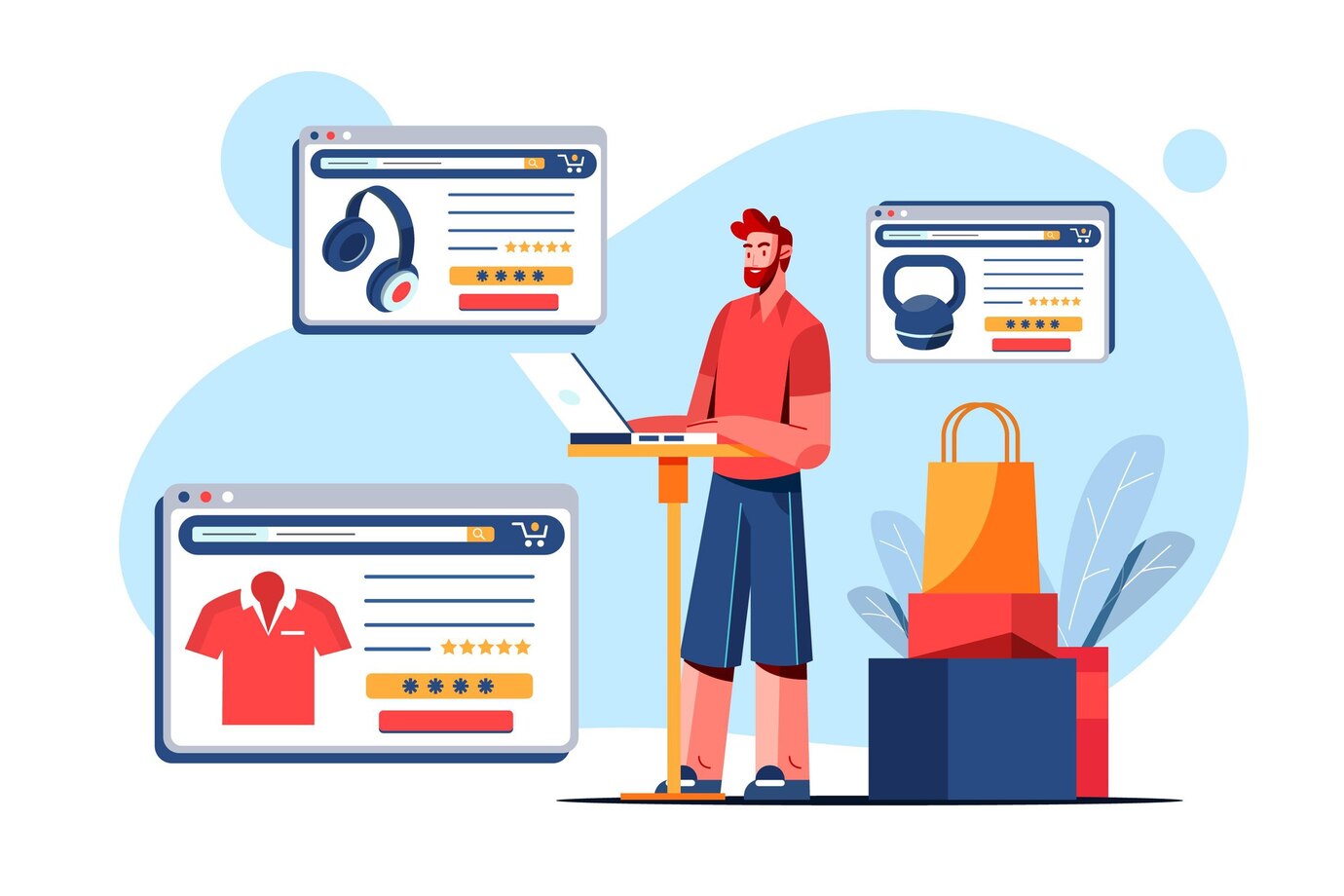
How custom e-commerce design transforms online businesses for 2025?
Custom ecommerce design has transcended mere visual appeal, emerging as a critical strategic weapon for online...

Custom ecommerce design has transcended mere visual appeal, emerging as a critical strategic weapon for online...
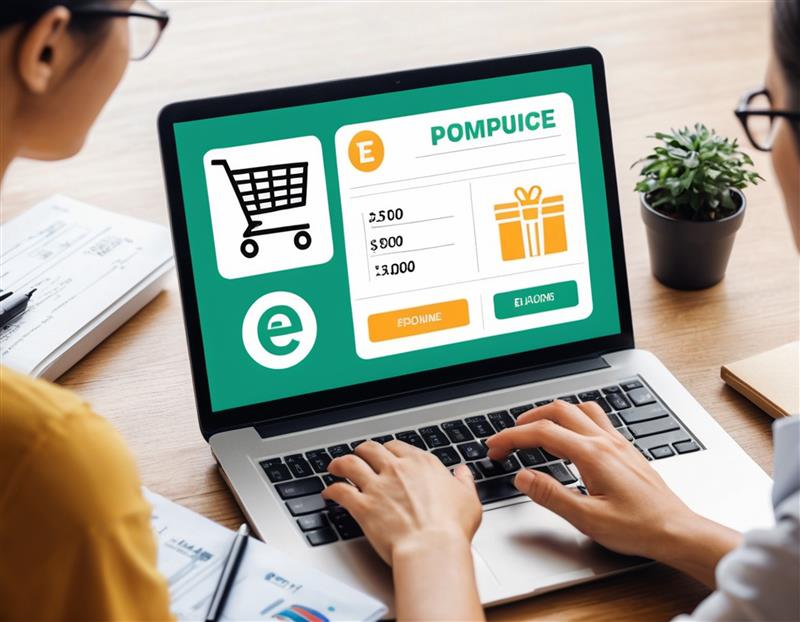
Pricing plays a crucial role in determining the success of an eCommerce business. A well-planned pricing strategy...

Today, we are living in a competitive digital world where tracking mobile advertising success is essential for...

With the rapidly changing business environment of the online retail market, eCommerce warehouse management is...
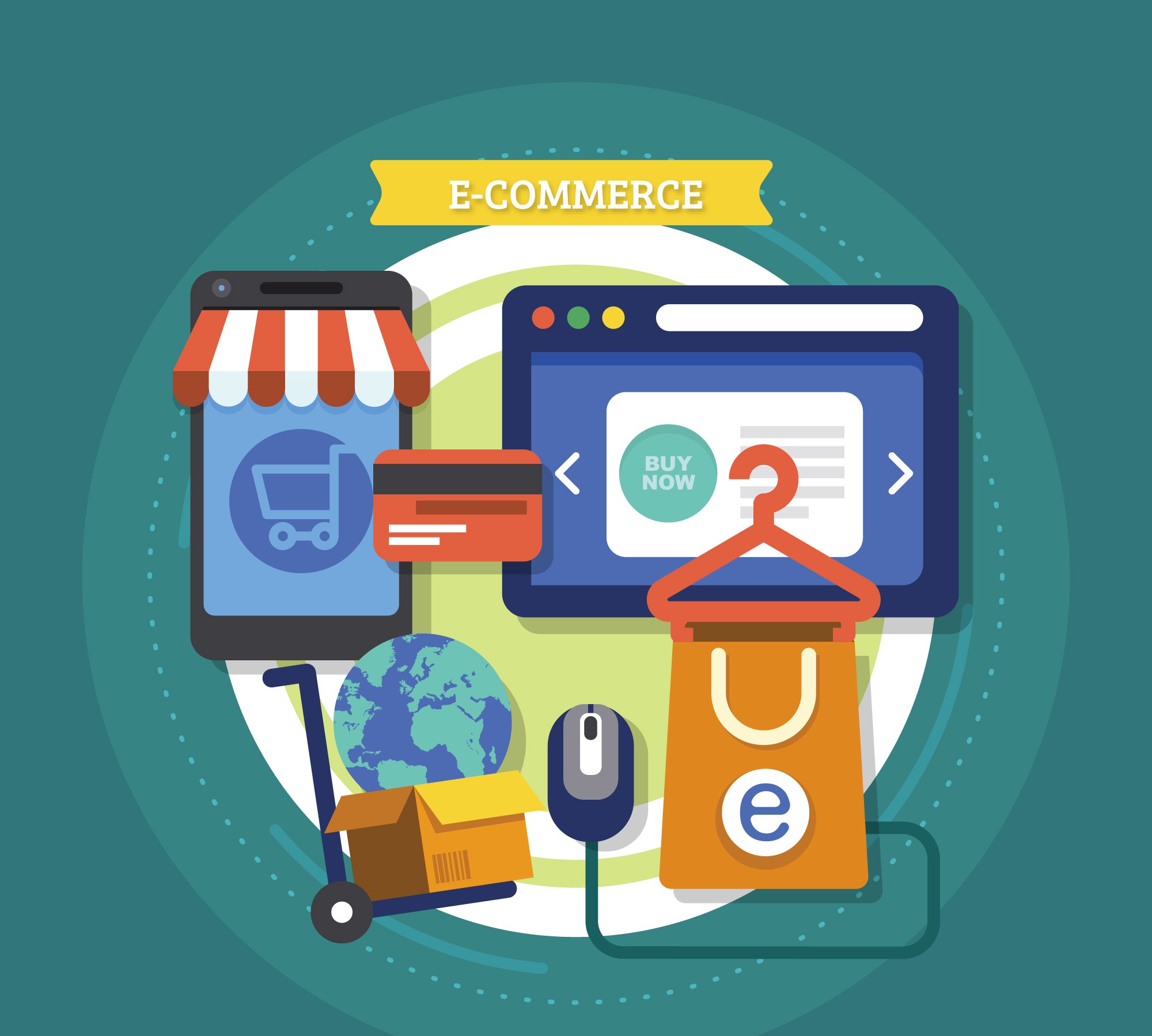
In this guide, we'll explain composable commerce vs headless ecommerce: it's advantages and many...

In the fast-paced world of eCommerce, having the right team is key to success....
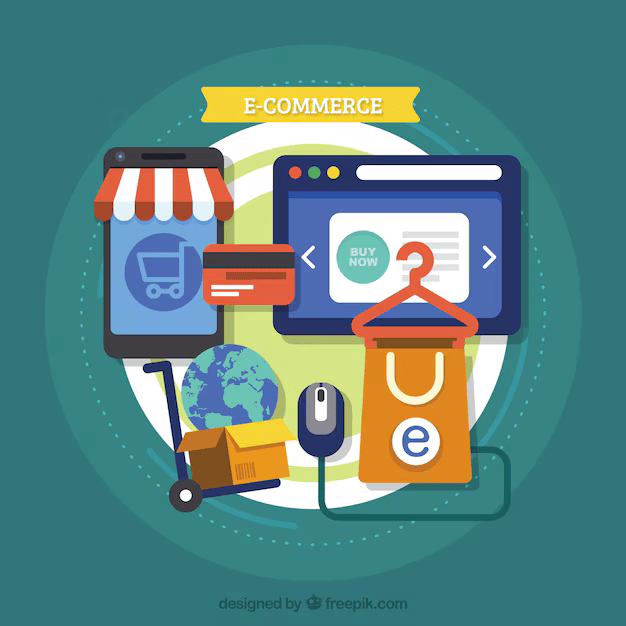
Do you want to avoid sifting through countless websites and trade shows to find reliable suppliers or...

This article explores the role of SEO in eCommerce. Beyond learning about its importance, you will also learn some...

In today’s competitive eCommerce landscape, clean and accurate customer data is essential for growth. Poor data...

Are you struggling to boost e-commerce sales? Creating an online store is quite easy. However, running it...
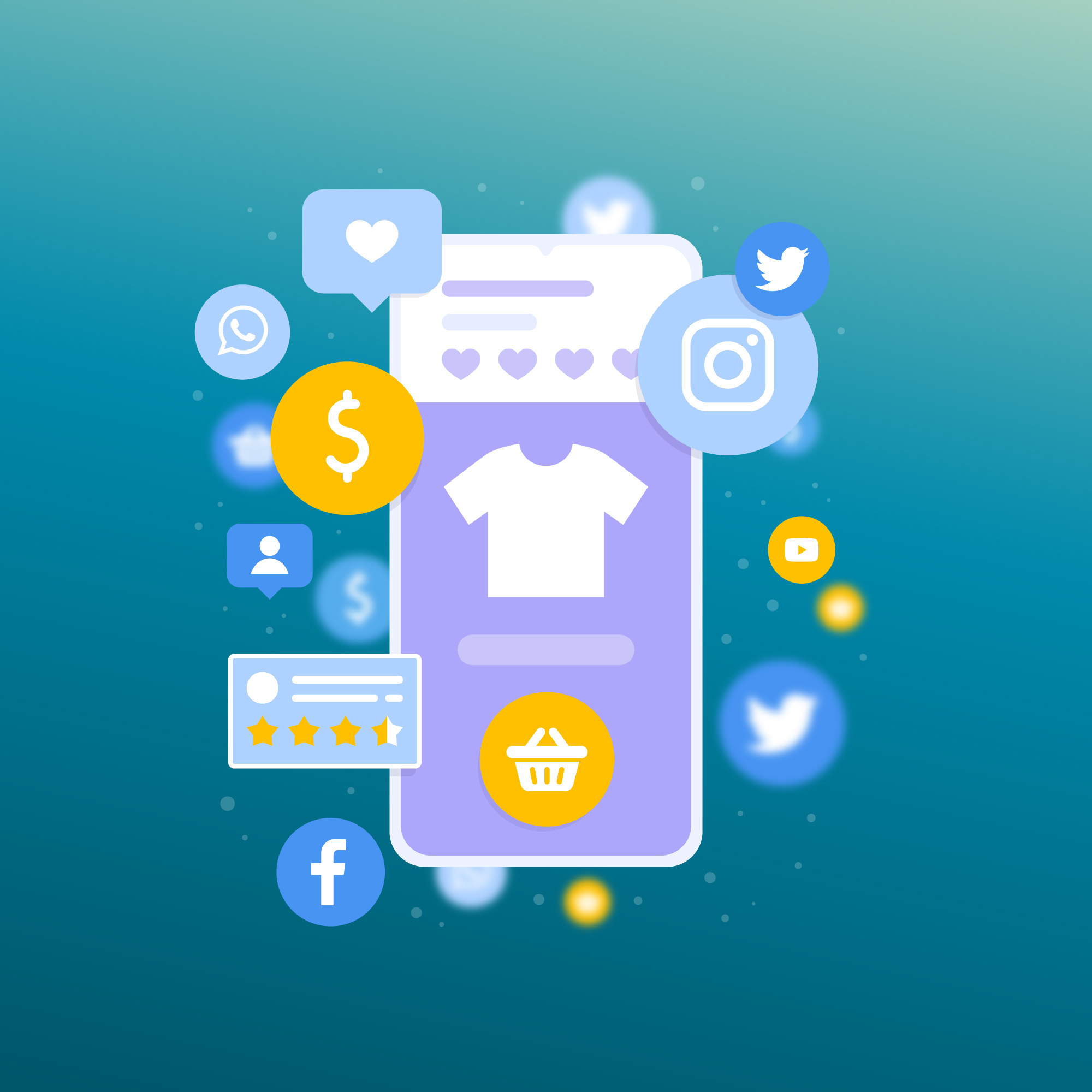
Maybe the most important step for your Twitter eCommerce efforts: First impressions matter, especially on social...

Running an eCommerce business involves many tasks. From writing product descriptions to keeping records of...